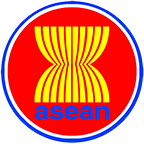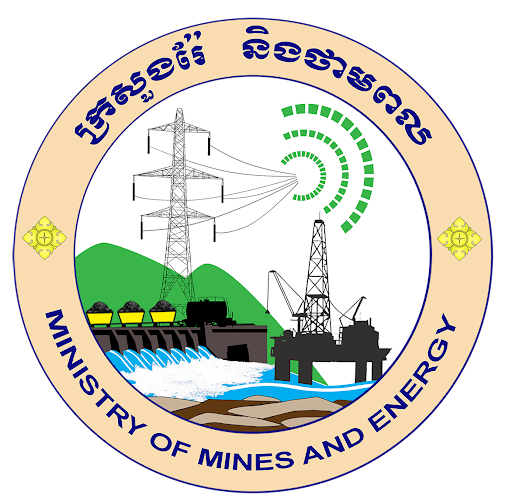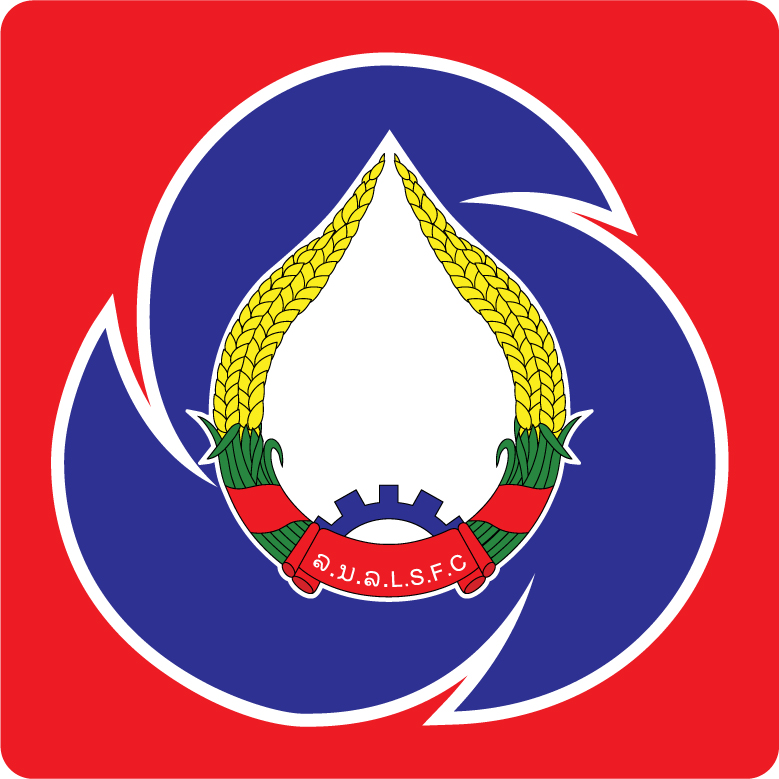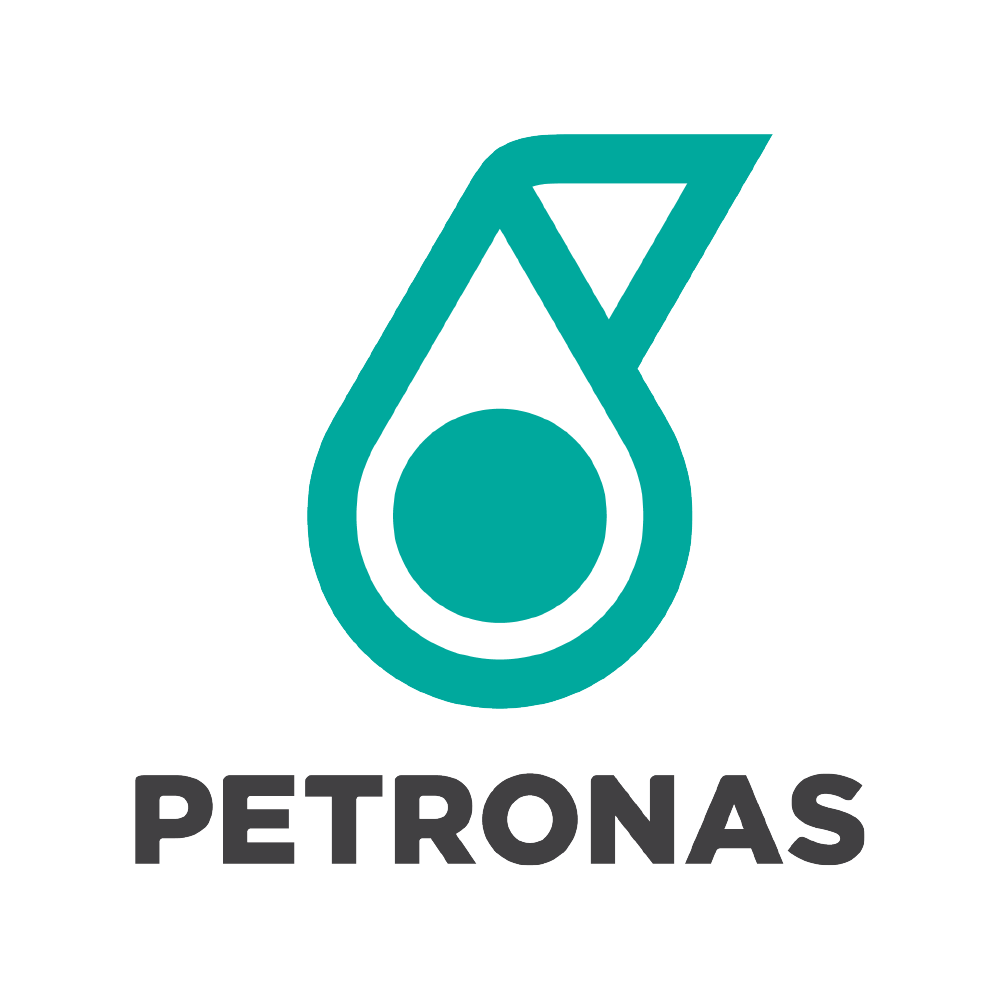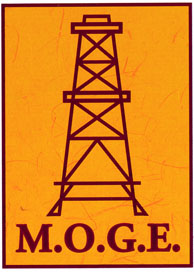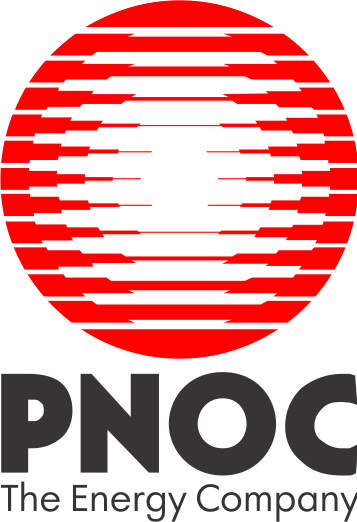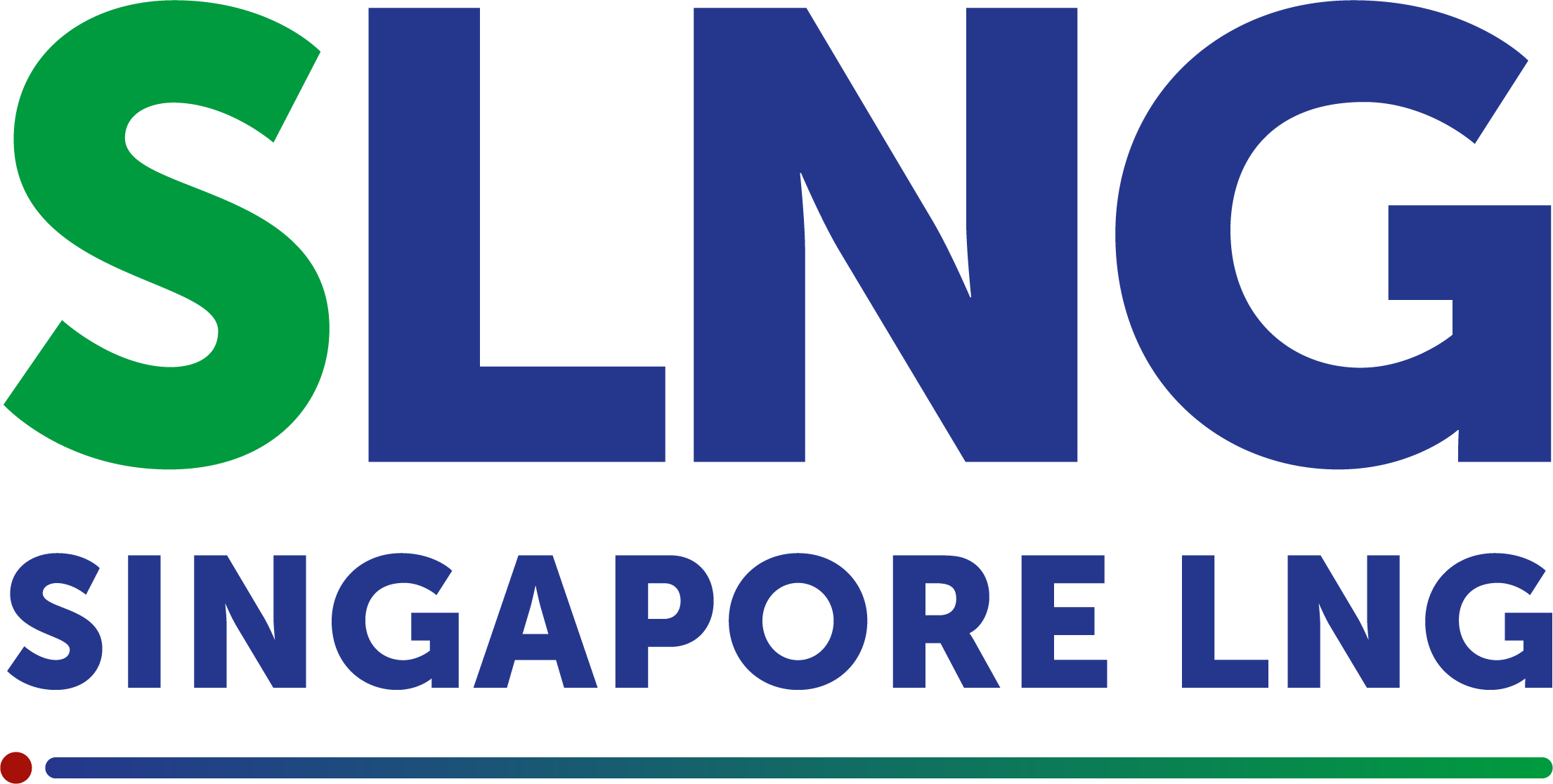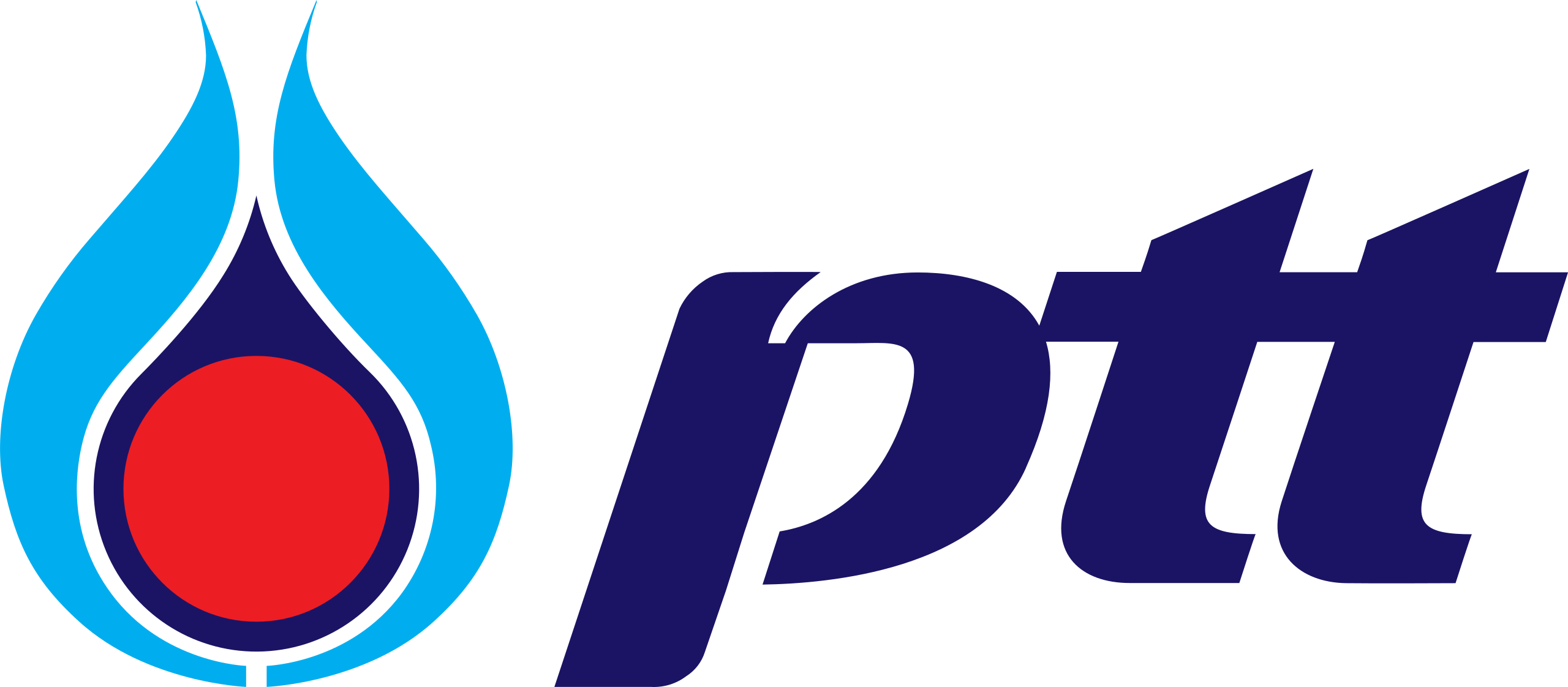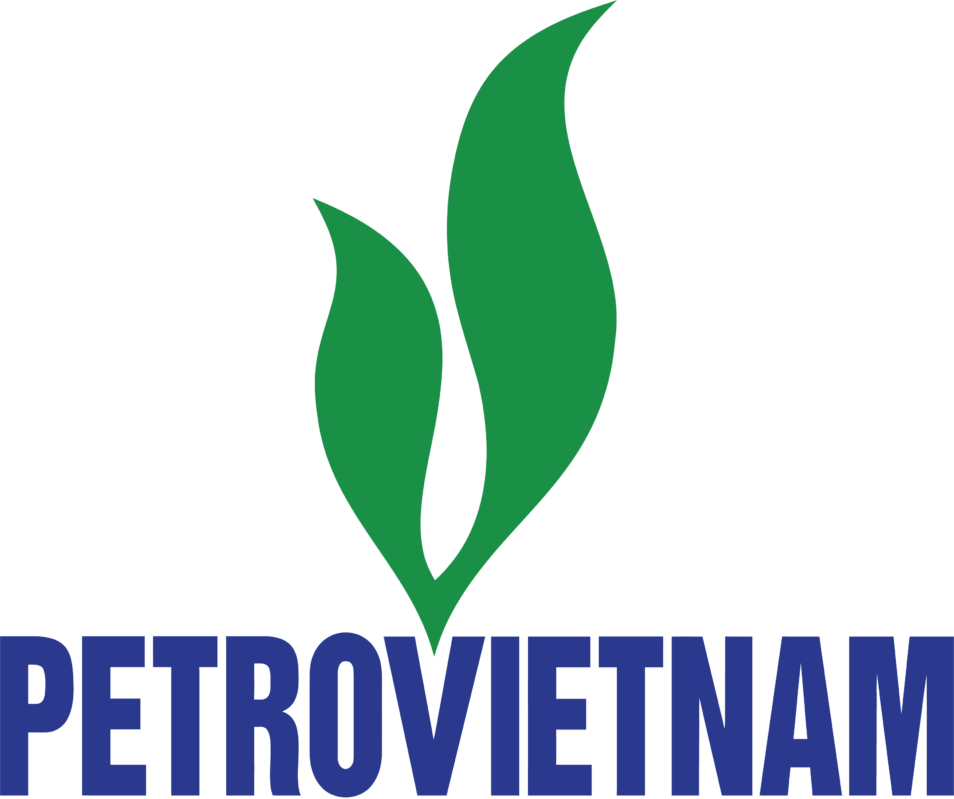PETRAD
PETRAD is a non-profit Norwegian government foundation established in 1989 to facilitate knowledge and experience transfer about petroleum management, administration and technology between managers and experts in governments and national oil companies. The foundation organises tailored programmes and activities on a wide range of topics relating to the management of petroleum resources. Lasting from one day to 10 weeks, these programmes are staged in Norway and abroad.
All PETRAD’s courses and seminars have a practical focus. Training needs assessments (TNAs) and assistance with Institutional development are also offered by the foundation. PETRAD draws on key personnel and lecturers from the whole Norwegian and international petroleum industry. These people have considerable experience from senior managerial and technical positions in government, operating, engineering and service companies, consultancies, R&D institutions and universities. Over 300 courses and seminars have been staged by PETRAD, attracting more than 10 000 participants from 90 countries. As part of the the Norwegian oil and gas competence network, the foundation draws on a set of highly-experienced specialists for its portfolio of seminars and courses.
Website: http://www.petrad.no/default.asp?fid=1000

ASEAN Centre for Energy (ACE)
Established on 1 January 1999, the ASEAN Centre for Energy (ACE) is an independent intergovernmental organisation within the Association of Southeast Asian Nations’ (ASEAN) structure that represents the 10 ASEAN Member States’ (AMS) interests in the energy sector. The Centre accelerates the integration of energy strategies within ASEAN by providing relevant information and expertise to ensure the necessary energy policies and programmes are in harmony with the economic growth and the environmental sustainability of the region. It is guided by a Governing Council composed of Senior Officials on Energy from each AMS and a representative from the ASEAN Secretariat as an ex-officio member. Hosted by the Ministry of Energy and Mineral Resources of Indonesia, ACE’s office is located in Jakarta.
On 26 May 2015, ACE Governing Council endorsed the business plan of an Enhanced ACE; a high-performing institution and a regional centre of excellence which builds a coherent, coordinated, focused and robust energy policy agenda and strategy for ASEAN. The three critical roles of the Enhanced ACE:
1. As an ASEAN energy think tank to assist the AMS by identifying and surfacing innovative solutions for ASEAN’s energy challenges on policies, legal & regulatory frameworks and technologies.
2. As a catalyst to unify and strengthen ASEAN energy cooperation and integration by implementing relevant capacity building programmes and projects to assist the AMS develop their energy sector.
3. As the ASEAN energy data centre and knowledge hub to provide a knowledge repository for the AMS.
Vision
The Centre as catalyst for the economic growth and integration of the ASEAN region by initiating and facilitating multilateral collaborations as well as joint and collective activities on energy.
Mission
ACE shall accelerate the integration of energy strategies within ASEAN by providing relevant information and expertise to ensure the necessary energy policies and programmes are in harmony with the economic growth and the environmental sustainability of the region.
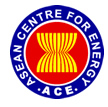
IEA
The IEA (not to be confused with the IAEA in Vienna!) acts as energy policy advisor for the governments of its 28 member countries and beyond to promote reliable, affordable and clean energy for the world’s consumers. It was founded during the oil crisis of 1973-74, with a mandate to coordinate measures in times of oil supply emergencies. This is still a core mission of the agency. In 2005, when devastation to oil production and refining infrastructure in the Gulf of Mexico by Hurricane Katrina became known, in 24 hours the IEA made 60 million barrels of emergency oil available to the market. The IEA stood ready to take further measures as the Gulf Coast was pounded a second time (Hurricane Rita). This was the second time in its history that the IEA has activated the collective emergency response mechanisms of member countries to respond to international energy market crises.
With the evolution of the energy markets, the IEA mandate has broadened. It now focuses well beyond oil crisis management. Energy efficiency, climate protection, energy technology collaboration and sharing its accumulated energy policy experience with the rest of the world have become core Agency objectives. In July 2005, the G8 leaders at the Gleneagles summit asked the IEA to provide advice on strategies for a clean, secure and sustainable energy future. The IEA meets this evolving mandate through the activities of its offices and intensified international collaboration.
With a staff of around 220, mainly energy professionals from its 28 member countries, the IEA conducts a broad programme of energy research, data collection and analysis, extensive publications and public dissemination of the latest energy policy analysis and good practices. IEA publications are known world-wide for their objectivity.
Website: http://www.iea.org/
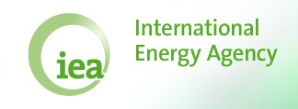
HAPUA
The Forum of Heads of ASEAN Power Utilities/ Authorities (HAPUA) operate as a separate independent organization composed of all the parties.
The forum of HAPUA Consist of the Electric Supply Industry (ESI) in the ASEAN countries, other than manufactures and vendors.
Members of HAPUA and the Heads of Delegations
| Brunei Darussalam | Department of Electrical Services, Ministry of Development |
| Cambodia | Electricité du Cambodge |
| Indonesia | PT PLN (Persero) |
| Laos | Electricité du Laos |
| Myanmar | Department of Electric Power |
| Malaysia | Tenaga Nasional Berhad |
| Philippines | National Power Corporation |
| Singapore | Singapore Power Ltd. |
| Thailand | Electricity Generating Authority of Thailand |
| Vietnam | Electricity of Vietnam |
Website: http://www.hapuasecretariat.org/
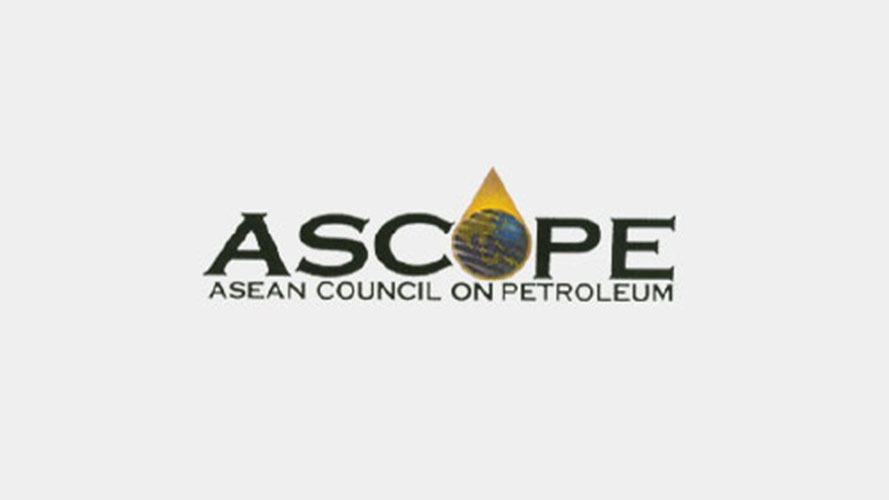
ASEAN SECRETARIAT
The ASEAN Secretariat’s vision is that by 2015, it will be the nerve centre of a strong and confident ASEAN Community that is globally respected for acting in full compliance with its Charter and in the best interest of its people.
The ASEAN Secretariat’s mission is to initiate, facilitate and coordinate ASEAN stakeholder collaboration in realising the purposes and principles of ASEAN as reflected in the ASEAN Charter.
Click here to view the schedule of ASEAN Energy Meetings for 2013. From now on
website: www.asean.org
